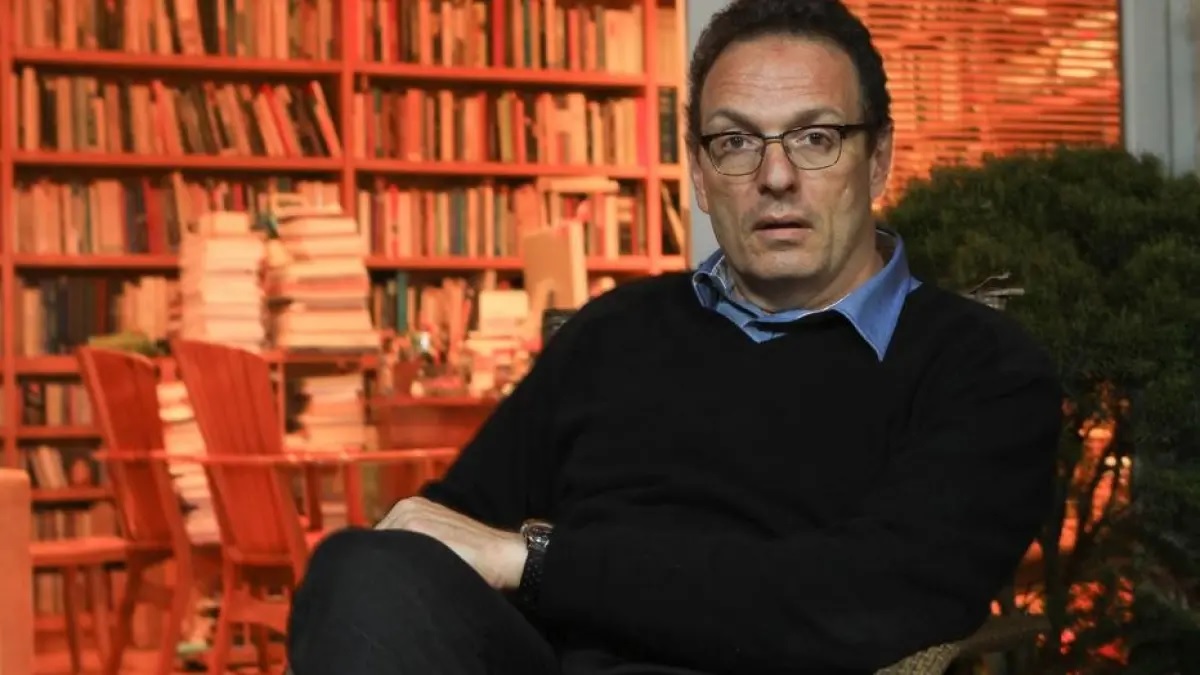RIO DE JANEIRO, BRAZIL – Luiz Schwarcz, CEO and founder of the São Paulo-based Brazilian publisher Companhia das Letras, criticized the attitude of the mayor of Rio de Janeiro, Marcelo Crivella, of having publications with allegedly “pornographic” content apprehended at the Book Biennial in Rio de Janeiro. In the opinion of the businessman, Crivella tries to place Brazilian society in medieval times.

João Doria, governor of São Paulo, was also cited for having a textbook removed from schools, which explained gender identity to ninth-grade students, which, according to the governor, constitutes “praise for gender ideology.”
“Faced with censorship by Marcelo Crivella, Rio’s mayor, and the inspection to identify books considered inappropriate at the Book Biennial, the Company expresses its repudiation of any and all acts of censorship and positions itself, once again, in favor of freedom of expression,” Companhia das Letras published on Twitter.
“Luiz Schwarcz, CEO and founder of Companhia das Letras, states: ‘We are proud of the position of the organization of the Rio Biennial in defense of freedom of expression and diversity. It shows with dignity the vocation and will of the editors. Postures such as that of Mayor Marcelo Crivella and Governor João Doria – who recently ordered the removal of a school textbook that talked about sexual diversity – try to place Brazilian society in medieval times, when people did not have the freedom to express their identities,” continued the publisher’s profile.
“They despise the fundamental values of society and try to prevent access to serious information, which enables young people to enter adulthood more prepared for a happy life. These measures, plus the suspension of the notice that would support the production of LGBTQ+ films by the federal government, indicate a dangerous rise in the climate of censorship in the country – which is blatantly unconstitutional – and which bears the mark of an undesirable feeling of discriminatory intolerance,” concluded Companhia das Letras.

